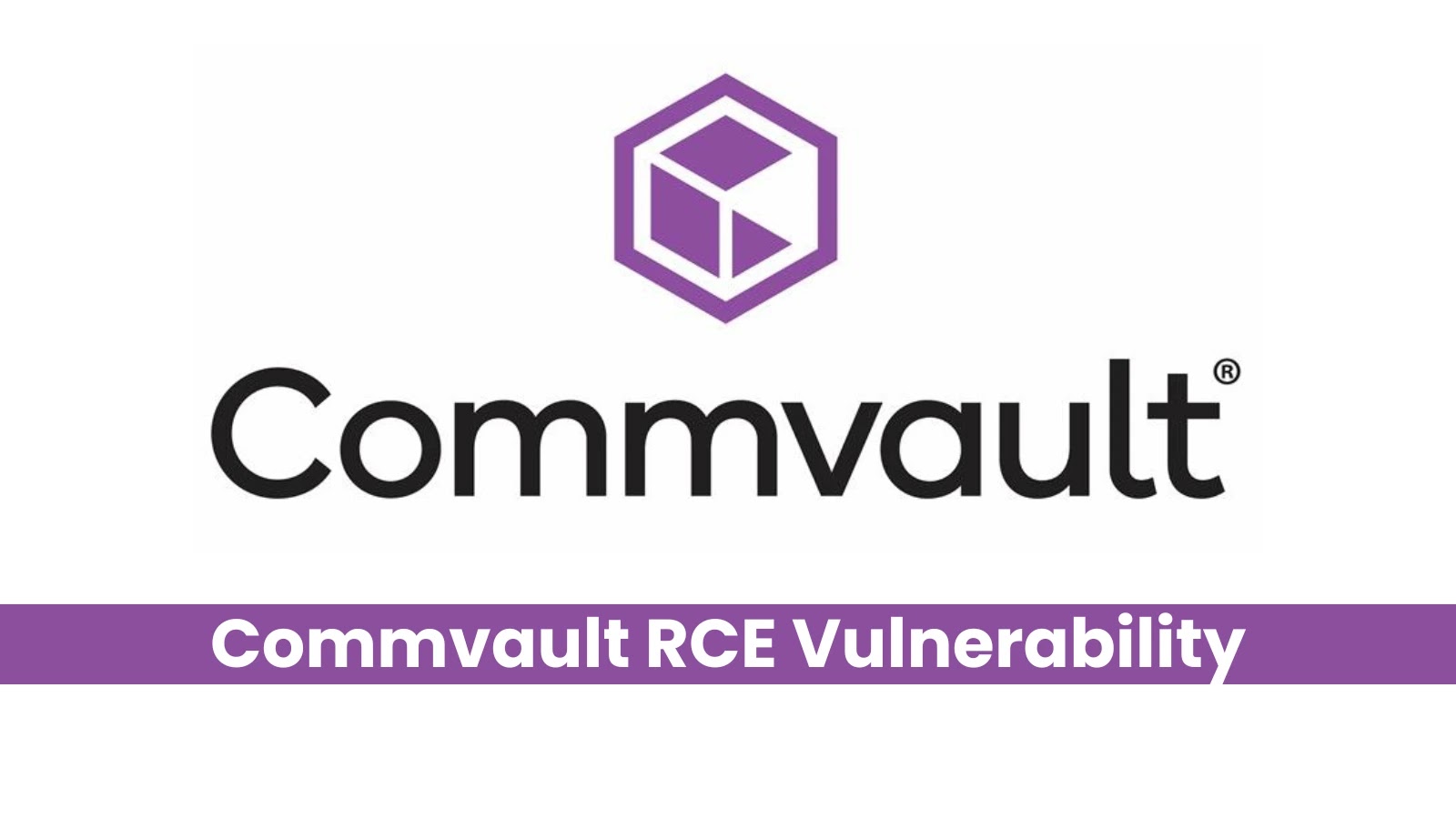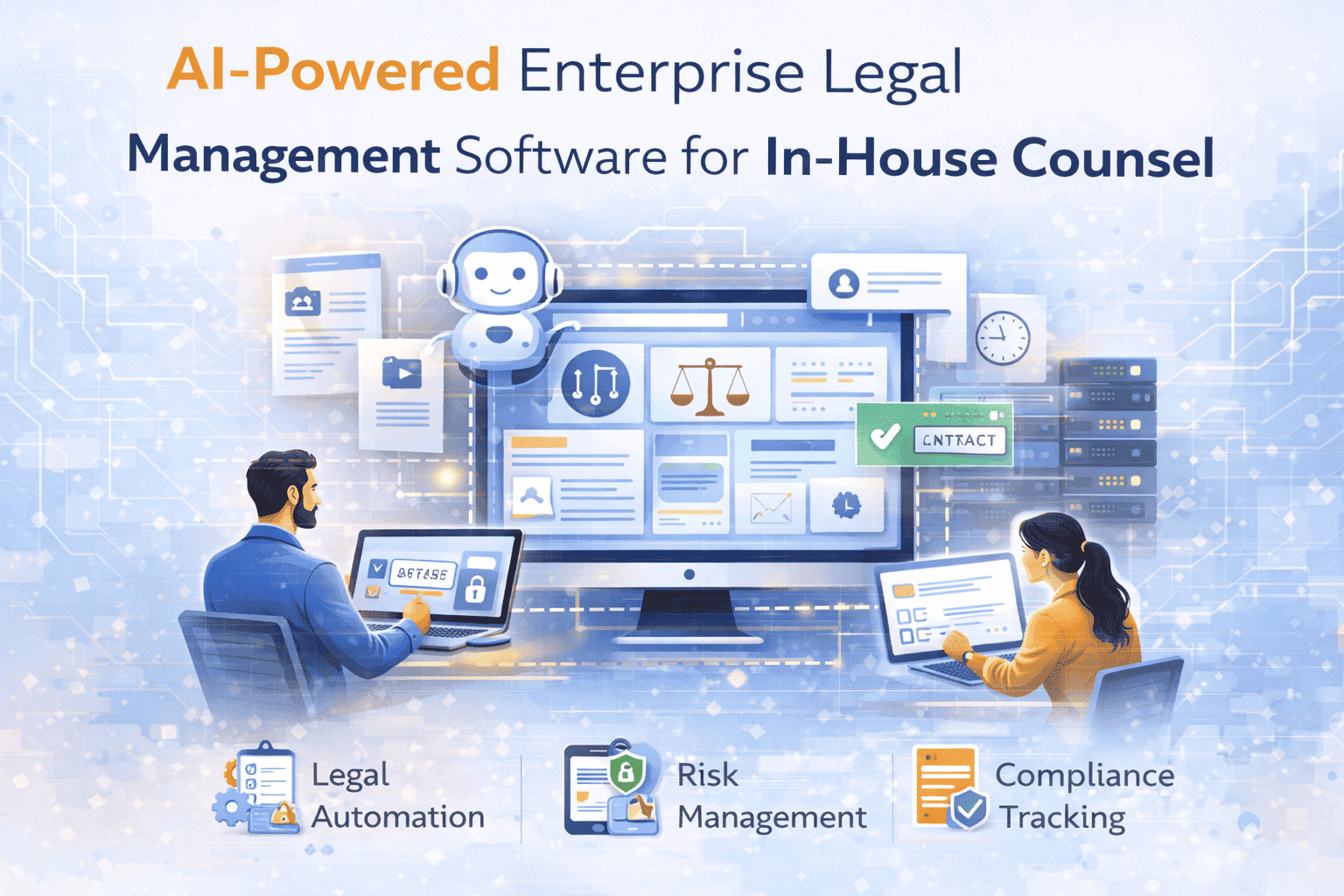
Image courtesy of Commvault A significant security vulnerability (CVE-2025-34028) has been discovered in Commvault Command Center Innovation Release, allowing unauthenticated attackers to execute arbitrary code remotely. The vulnerability carries a high CVSS score of 9.0 and impacts version 11.38 of the Command Center installation, potentially leading to complete system compromise if exploited. Researchers identified a path traversal vulnerability in
Commvault Command Center that permits unauthenticated actors to upload malicious ZIP files. When these files are expanded by the target server, it can result in Remote Code Execution (RCE). This flaw allows attackers to manipulate file paths, compromising system integrity and leading to unauthorized access and execution of malicious commands. Security experts noted this vulnerability's severity, emphasizing its potential risks. The vulnerability impacts Commvault deployments on both Linux and Windows platforms, specifically versions 11.38.0 through 11.38.19. Organizations using these versions are advised to update immediately. Commvault has resolved this issue in version 11.38.20, released on April 10, 2025. For organizations unable to update right away, it is recommended to isolate Command Center installations from external network access until patches can be applied. For more information, visit the official
Commvault Documentation or the vulnerability analysis.
Other Commvault Vulnerabilities
In addition to the RCE vulnerability, Commvault has faced other security issues earlier this year, including a Critical Webserver Vulnerability (CV_2025_03_1) and SQL Injection Vulnerability (CV_2025_04_2). These incidents highlight the importance of maintaining updated security patches for data protection platforms. The Critical Webserver Vulnerability allows remote attackers to execute arbitrary commands, with a high CVSS score of 7.5. Organizations using Commvault products are urged to monitor the updates and apply necessary patches as soon as they are released. For further details, refer to Tenable.
Remote Code Execution (RCE)

Image courtesy of Invicti Remote code execution (RCE) is a vulnerability that allows attackers to execute arbitrary code from a different location than the system running the application. Known also as code injection and remote code evaluation, RCE can lead to severe consequences such as full system compromise. RCE vulnerabilities may appear in any software type, regardless of programming language or platform. Commonly exploited vulnerabilities include buffer overflow, deserialization vulnerabilities, SQL injection, and cross-site scripting (XSS). Attackers may use stored RCE to execute code after a delay, storing the payload in a configuration file for later execution. Mitigation strategies involve eliminating evaluation functions that process user-controlled input, maintaining updated software, and leveraging dynamic application security testing (DAST) tools like
Invicti and
Acunetix. For more about detecting RCE vulnerabilities, refer to the
software composition analysis (SCA) tools available.
GrackerAI Solution
GrackerAI is an AI-powered cybersecurity marketing platform designed to help organizations transform security news into strategic content opportunities. The tool enables marketing teams to identify emerging trends, monitor threats, and produce technically relevant content that resonates with cybersecurity professionals and decision-makers. By automating insight generation from industry developments, GrackerAI positions itself as a solution for creating timely, targeted marketing materials. Explore our services or contact us at GrackerAI to learn how we can assist you in navigating the complexities of cybersecurity content automation and trend monitoring.
Latest Cybersecurity Trends & Breaking News
Cybercrime Losses in 2024 The Dark Side of YouTube: Cyber Threats and AI Exploitation







